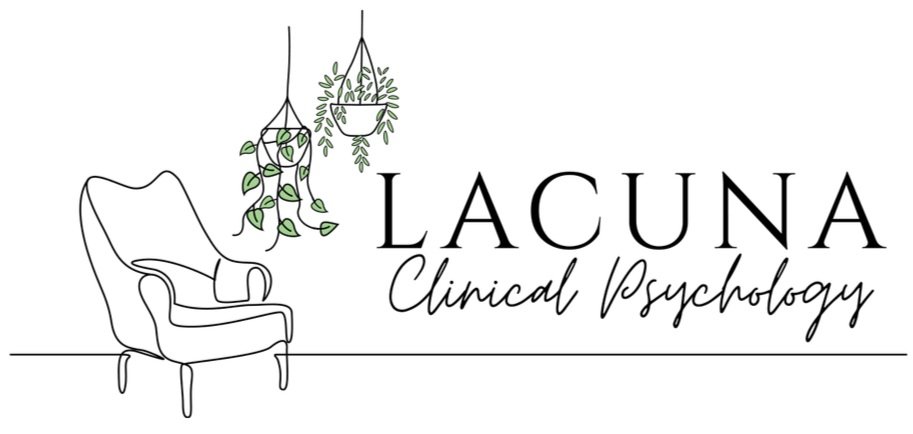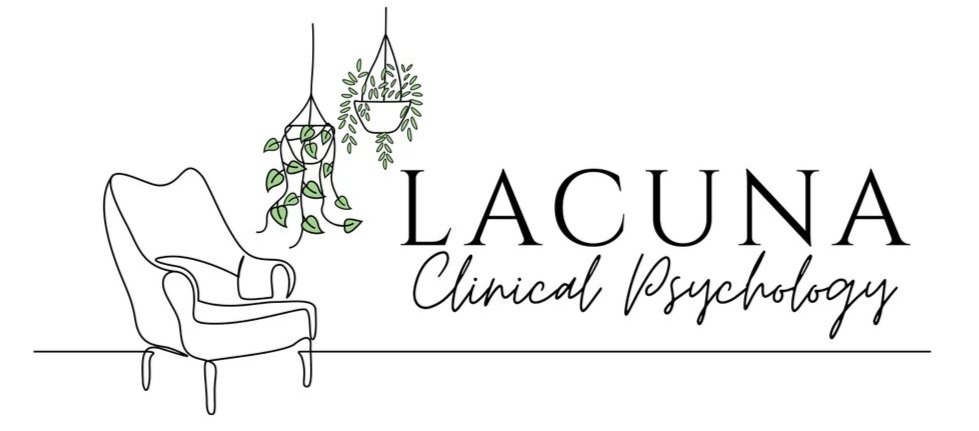Why do I struggle in relationships?
How your childhood shapes your adult relationships
By Nick Hutchins (Clinical Psychologist) · Published 2025 · 8 min read
Have you ever noticed patterns in your relationships—maybe you always feel distant from partners, or you find yourself anxiously seeking reassurance? Perhaps you struggle with trusting others, feeling like you have to handle everything on your own. The patterns we develop have deep roots, stretching back to childhood.
Our earliest relationships shape how we connect with others. As children, we learn what to expect from relationships and our brain creates neural pathways based on these experiences. As adults, we come back to these same pathways time and time again.
Were you taught to suppress your emotions, blamed for family issues, made to feel responsible for others’ feelings, or criticised for small mistakes? These lessons don’t stay in the past—they influence how we experience emotions, trust, and intimacy as adults.
Childhood Creates Your Relationship Blueprint
A secure bond in infancy lays the foundation for how we connect, trust, and love in adulthood.
From infancy, we rely on caregivers for comfort and security. When they respond with warmth and consistency, we develop an internal sense of safety—we learn that emotions can be shared and that relationships are a source of support. But if our caregivers are emotionally distant, neglectful, unpredictable or critical, we may learn that closeness is risky or that our feelings are too much for others.
These early experiences create a kind of relationship blueprint, shaping our behaviours and expectations in future relationships. If we grew up feeling valued and supported, we’re more likely to trust and express ourselves openly. If our early relationships left us feeling rejected or unseen, we develop defences to protect ourselves—keeping emotions hidden, pushing others away or becoming overly accommodating to avoid conflict.
Relationship Patterns That Keep Us Stuck
When our emotions were met with disinterest in childhood, we often learn to shut them down as adults to feel safe.
When relationships in childhood were painful, our minds adapt by developing unconscious defence mechanisms—strategies to avoid emotional pain. As adults, these strategies might show up in ways we don’t realise:
Avoiding emotional closeness – When Jane was a child she would cry often. Her dad would meet her tears with disinterest, telling her to “take your tears to your room and only come out when you have a smile on your face”. Jane learnt to shut down her feelings to maintain a connection with her dad. As an adult, Jane now avoids vulnerability, keeps people at arm’s length and often feels uncomfortable with deep emotionally vulnerable conversations.
People-pleasing – Hannah grew up with a physically and verbally abusive father. She found that his love and approval were conditional on her behaviour, his mood and his alcohol consumption. Hannah learnt very quickly to read the temperature in the room and as such adapted by always prioritising others’ needs over her own. In adult relationships, this has led to exhaustion, resentment and difficulty setting boundaries, as she fears rejection if she asserts her own needs.
Constant reassurance-seeking – Greg’s early relationships felt unpredictable and unstable. His parents divorced when he was young and he lived with his mother and two different step-dads throughout primary school years. To feel secure, he learnt to seek repeated validation. As an adult, this has created anxiety in his relationships, leading him to constantly question whether he is loved or valued, sometimes overwhelming his partner with his need for reassurance.
Becoming self-critical – When Alex was young, the emotions he expressed were met with rejection and judgment. To adapt, he developed a harsh inner critic to pre-empt external criticism. As an adult, Alex struggles with persistent self-doubt and negative self-talk, often cancelling plans with friends, not applying for promotions and avoiding the pursuit of romantic relationships. It makes it difficult for Alex to trust his own feelings or feel worthy in relationships. These internalised emotions often impact him physically too.
These patterns served all of these adults when they were children; helping them navigate difficult emotions and protecting them from pain. But in adult relationships, they have created distance and frustration, making it hard to feel truly connected.
How Do I Break Unhealthy Relationship Patterns?
Working with a psychologist can help you explore and process emotions that may have been buried for years.
The good news? These patterns aren’t fixed. By bringing awareness to them, we can start to break the cycle. Here are some first steps:
Notice your patterns – Pay attention to recurring struggles in your current relationships. Do you avoid opening up emotionally? Feel anxious when someone pulls away? Criticise and doubt yourself in the face of conflict?
Recognise the roots – Ask yourself: Where did I first learn to relate this way? Understanding the past can help make sense of present struggles.
Allow emotions to surface – Old emotional wounds can feel uncomfortable, but avoiding them keeps the cycle going. Making space for your emotions (rather than shutting them down) can open the door to change.
Practice new ways of connecting – If you tend to withdraw, experiment with staying engaged. If you overextend yourself, practice setting boundaries. Small shifts can create meaningful change.
Seek support – Booking a session with a psychologist at Lacuna Psychology can help you untangle these patterns, offering a space to explore and process emotions that may have been buried for years. Our clinical psychologists can help you understand and overcome these patterns so you can have healthier and happier relationships. We give you more than just strategies, but instead deal with the emotions that are underlying these issues. Medicare-rebates are available if you have a Mental Health Care Plan.
Moving Toward Deeper Connection
The way we love, trust, and connect with others isn’t just about the present—it’s shaped by our past. But our history doesn’t have to define us. By understanding our relationship blueprints and the strategies we’ve created, we can begin to relate to others in new, healthier ways. Healing isn’t about blaming the past; it’s about freeing ourselves from old patterns so we can build relationships that feel secure, fulfilling and authentic.
**Scenarios are for illustrative purposes only and not based on real patients.
Make a booking at Lacuna Psychology
If you recognise yourself in these patterns and want support in working through them, therapy can be a powerful space to explore and heal. Our clinic specialises in helping people understand and transform the emotional barriers that keep them stuck. Reach out today to start your journey toward deeper, more meaningful relationships.







